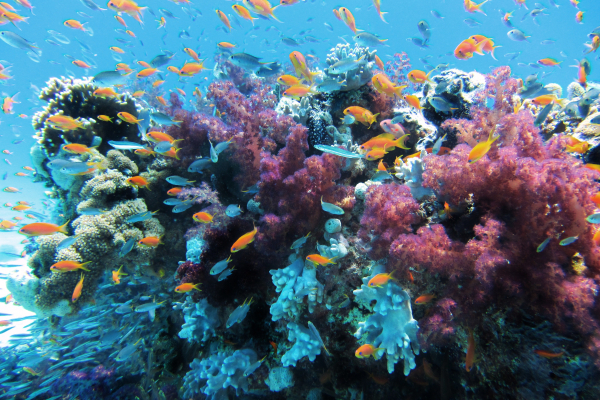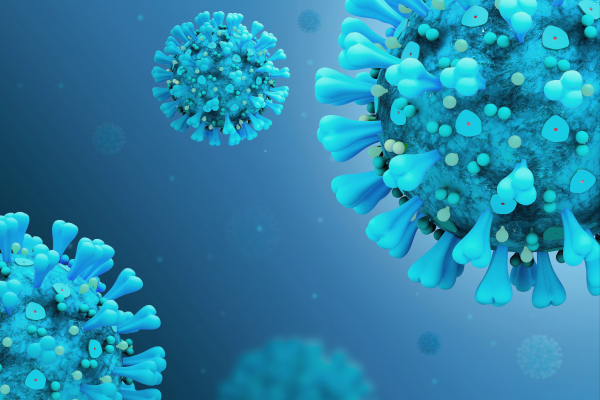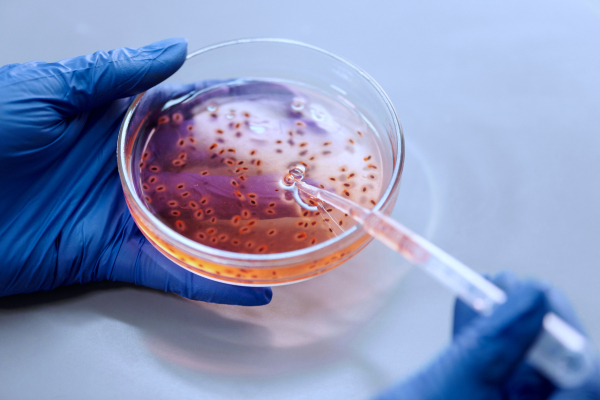National Research Data Infrastructure (NFDI) and Data Literacy Centres @ UDE

The UDE is a member of Nationale Forschungsdateninfrastruktur (NFDI) e.V., a non-profit expertise and infrastructure network for research data management (RDM). The NFDI consortia aim to ensure that research data is stored safely and accessibly and to establish RDM practices in line with the FAIR principles. Researchers at UDE shape the work of NFDI through their participation in a range of consortia, as leads, co-speakers, or in other capacities.
In addition, UDE is part of the Rhine-Ruhr Center for Scientific Data Literacy, which supports researchers from all disciplines in their data analysis.
Consortium led by UDE

NFDIxCS – Prof. Dr. Michael Goedicke
- Consortium: NFDIxCS
- Research field: Computer science
- Aim: Developing tools and infrastructure for standardized storage of computer science data as well as accompanying metadata, software, contextual information and execution information
- Contact at UDE: Prof. Dr. Michael Goedicke from paluno – The Ruhr Institute for Software Technology (Speaker of the consortium)
Co-speakers

KonsortSWD – Prof. Dr. Andreas Blätte
- Consortium: KonsortSWD
- Research field: Social sciences, behavioural sciences, educational sciences, economics
- Aim: Within the consortium, project PolMine seeks to make available politically relevant textual datasets and code for their analysis.
- Contact at UDE: Prof. Dr. Andreas Blätte from the Institute of Political Science (Co-speaker and chair of the sub-project Linking Textual Data)

NFDI4Immuno – Prof. Dr. Ralf Küppers
- Consortium: NFDI4Immuno
- Research field: Immunology
- Aim: Creating a national network of repositories for all data describing the state of the immune system in order to bring together data and metadata from various experimental technologies and develop new analytical methods. Universitätsmedizin Essen leads the work packages Data annotation and Data submission pipelines.
- Contact at UDE: Prof. Dr. Ralf Küppers from the Institute for Cell Biology (Tumor research) (Co-speaker)
Consortia with UDE participation

FAIRmat – SFB / TRR 270 HoMMage and SFB 1242
- Consortium: FAIRmat
- Research field: Materials science
- Aim: Developing infrastructure to standardize the description of the heterogenous data of the research field and to enable data sharing
- Contact at UDE: SFB/TRR 270 HoMMage and SFB 1242 from the Faculty of Physics participate in the consortium.
Prof. Dr. Rossitza Pentcheva from SFB 1242 leads the field Community Building and Support.

NFDI4Biodiversity – Prof. Dr. Florian Leese
- Consortium: NFDI4Biodiversity
- Research field: Biodiversity
- Aim: Within the consortium, project DNAquaNet is developing standardized methods for evaluating the biodiversity of aquatic ecosystems.
- Contact at UDE: Prof. Dr. Florian Leese from the Faculty of Biology (Chair of the EU COST Action DNAquaNet)

NFDI4Health – Universitätsmedizin Essen
- Consortium: NFDI4Health
- Research field: Medicine
- Aim: Developing research data infrastructure for personal health data from clinical, epidemiological and public health studies
- Contact at UDE: The Institute for Medical Computer Science, Biometrics and Epidemiology (IMIBE) of the Faculty of Medicine participates in the consortium.

NFDI4Ing – SFB / TRR 196 MARIE
- Consortium: NFDI4Ing
- Research field: Engineering
- Aim: Identifying typical research methods and procedures to improve process analyses and descriptions and develop solutions for data publications
- Contact at UDE: At UDE, SFB/TRR 196 MARIE contributes metadata descriptions for terahertz research data to the consortium and participates in the work group Metadata4Ing.

NFDI4Microbiota – Prof. Dr. Folker Meyer
- Consortium: NFDI4Microbiota
- Research field: Microbiology (including bacteriology, virology, mycology and parasitology)
- Aim: Developing tools and workflows as well as standards for sample naming and processing
- Contact at UDE: Prof. Dr. Folker Meyer from the Institute for Artificial Intelligence in Medicine (IKIM) at Universitätsmedizin Essen and the Faculty of Medicine

Text+ – Prof. Dr. Andreas Blätte
- Consortium: Text+
- Research field: Text- and language-based data
- Aim: The digital collection of parliamentary debates in the German Bundestag (Korpus GermaParl) is contributed to the consortium as a practical use case for the long-term preservation and utilization of digital collections, lexical resources and editions.
- Contact at UDE: Prof. Dr. Andreas Blätte from the Institute of Political Science (Chair of project PolMine )
Rhine-Ruhr Center for Scientific Data Literacy (DKZ.2R)

DKZ.2R
DKZ.2R (Rhine-Ruhr Center for Scientific Data Literacy) is a BMFTR-funded association of seven universities and two research centers in NRW that supports researchers in particular with questions in the fields of data science, AI, high-performance computing and RDM – through individual consultations as well as in-depth training courses, also here at UDE.


